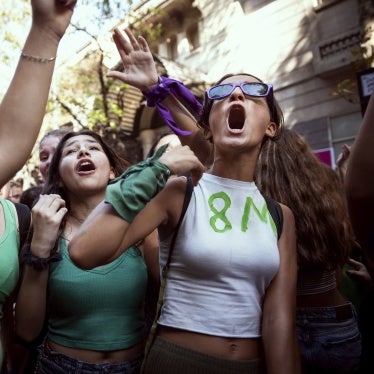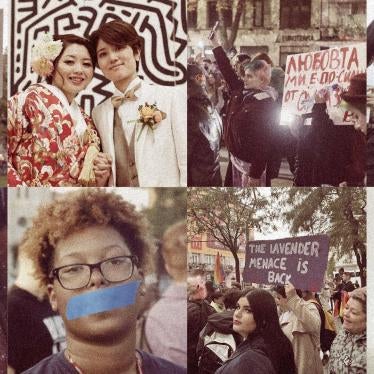Menstruation isn’t something that necessarily leaps to mind when one thinks of human rights. But May 28, 2014, the first-ever global Menstrual Hygiene Day, is designed to change that – it is a day established by a coalition of nongovernmental organizations to break the taboo around talking about periods. Doing so is an important step in advancing the rights of women and girls.
Around the world, lack of access to clean sanitation facilities and menstrual supplies is fundamental to living a life of dignity, and to realizing many human rights, such as the rights to education, work, and health. Lack of safe and clean sanitation facilities at schools can lead to low attendance and high dropout rates for girls. Girls who can’t afford sanitary napkins or change them privately may miss school during their periods. Some women miss work days when menstruating because their work places lack clean sanitation facilities. It’s absurd that a natural bodily function like menstruation poses such an obstacle to education and employment for women and girls in much of the world.
Menstrual hygiene management also plays an important role in supporting the rights of women and girls with disabilities. Parents and guardians without adequate facilities or support to assist a woman or girl with a disability to manage her menstruation may seek more drastic measures—namely, forced sterilization to end menstruation altogether. It is not a decision parents take lightly. But often the decision has little to do with the woman or girl’s well-being and is instead geared toward reducing the burden on caregivers. The sterilization can be carried out when a girl is as young as 10, and is often done without her informed consent.
Schools, workplaces, and governments need to face some basic facts. All women and adolescent girls need clean, safe toilets. They need menstrual supplies. They need to be able to talk about their periods without shame. Menstruation management matters for women’s and girls’ human rights.









